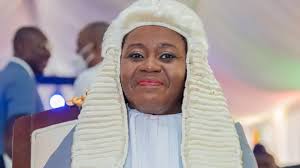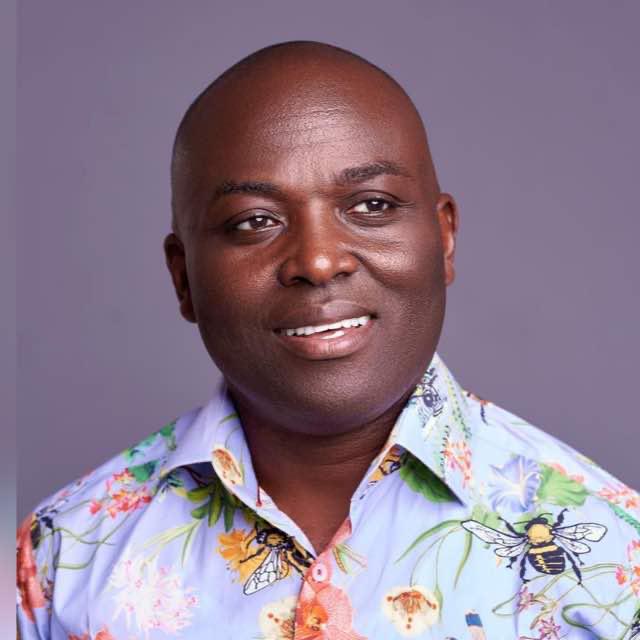Ghana Cannot Afford to Sacrifice Judicial Independence for Political Convenience
The suspension of Chief Justice Gertrude Torkornoo by the Mahama government is more than a political miscalculation—it is a constitutional crisis that strikes at the very foundation of Ghana’s democracy. The judiciary has always been the last line of defense between political excesses and the rights of the people. To tamper with its independence is to gamble recklessly with the country’s future.
For decades, Ghana distinguished itself in West Africa by cultivating an image of judicial neutrality and stability. From Justice Edward Akufo-Addo in the First Republic to Justices Georgina Wood and Sophia Akuffo in the Fourth Republic, the office of Chief Justice has symbolized the resilience of constitutionalism. Investors trusted Ghana not only for its cocoa and gold, but for its courts—knowing contracts would be enforced, disputes settled fairly, and the rule of law upheld.
This trust is now eroding. Capital, like water, flows to where it feels safe. Already, investors are looking to Côte d’Ivoire, Senegal, and Nigeria—countries that only a few years ago trailed Ghana in governance rankings. By undermining the judiciary, Ghana is actively pushing away the very partners it needs to rebuild its fragile economy.
History provides sobering lessons. In the late 1970s and early 1980s, judicial capture and political instability forced multinational companies to pack up and leave. It took the 1992 Constitution and years of democratic practice to restore Ghana’s standing as a rule-of-law state. To now reverse that hard-won progress in 2025 is not only short-sighted but dangerous.
The warning from the Bar Council of England and Wales, supported by the Commonwealth Lawyers Association, should not be dismissed as foreign meddling. It is a reminder that Ghana is part of an interconnected world where the strength of our institutions determines the confidence of our partners. Breaching constitutional safeguards to settle political scores will only isolate Ghana at a time when it needs global solidarity the most.
If this government believes suspending the Chief Justice strengthens its political hand, it is gravely mistaken. What it has succeeded in doing is to cast doubt on every judgment delivered by the courts, to suggest that justice can be dictated from the Castle, and to erode the faith of ordinary Ghanaians in the system that protects their rights.
We must say it plainly: judicial independence is not a privilege; it is the backbone of democracy and economic prosperity. To compromise it for expediency is to play with fire. President Mahama must urgently reverse this suspension, restore the dignity of the Chief Justice, and reassure the world that Ghana remains committed to the rule of law.
Anything less would condemn us to repeat the darkest chapters of our history, when politics devoured justice and the nation paid the price in economic collapse and social disillusionment.


